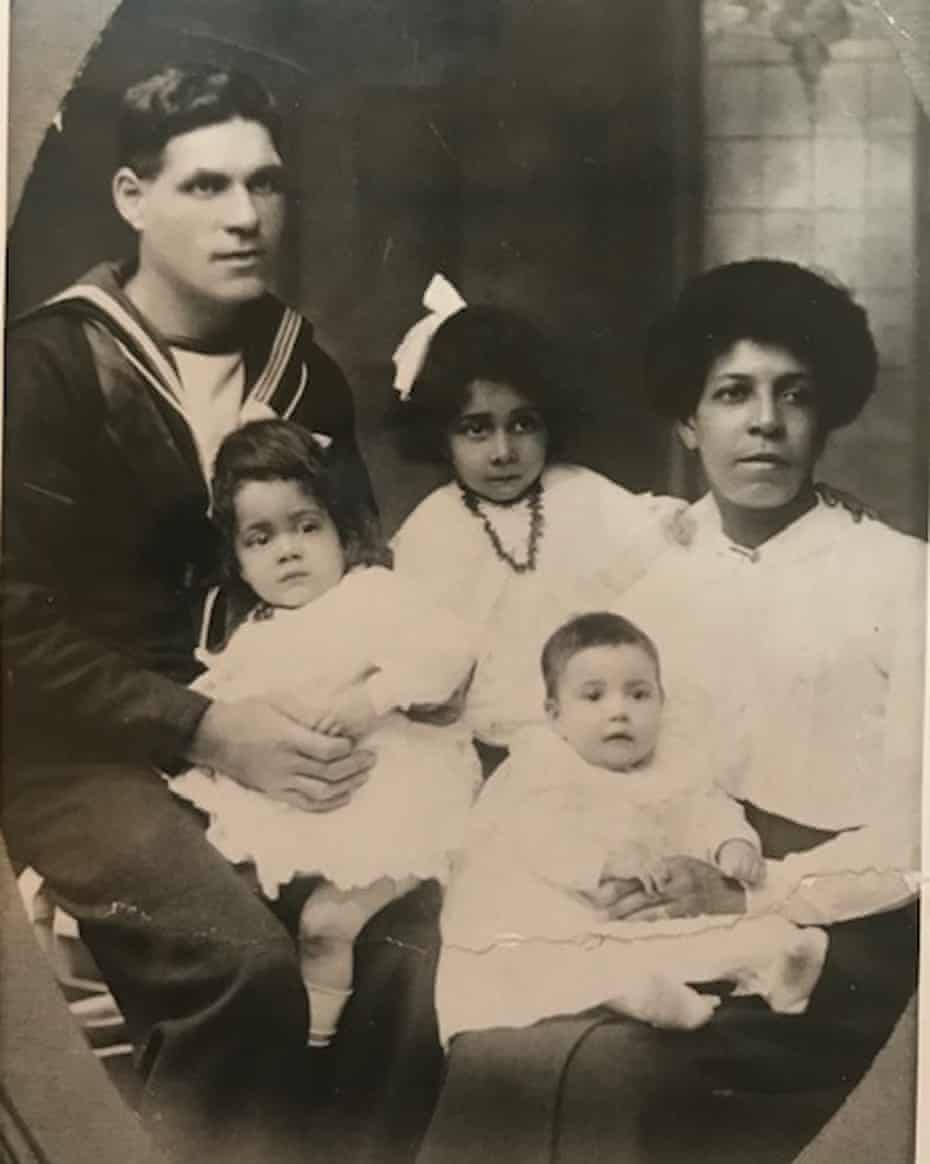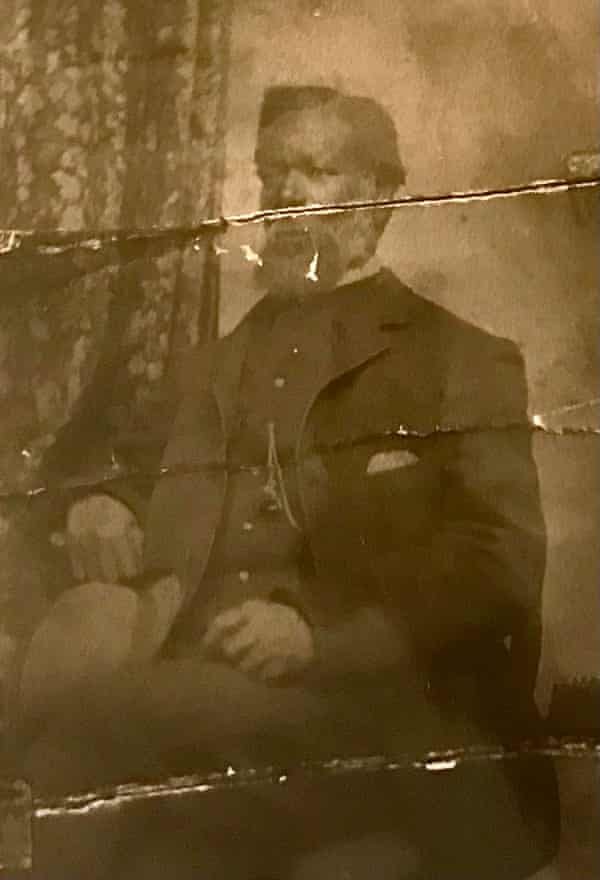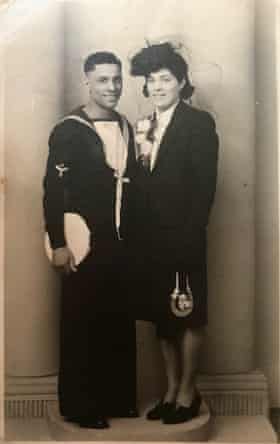My great-grandparents came here in the 1800s. Too few people realise the UK’s black history began long before the Windrush

In September 2017, I had just landed at Manchester airport after a visit to New York. At passport control I was asked where was I born? I replied, Liverpool, and joked “doesn’t my accent give me away”, to which the officer replied aggressively: “That’s no guarantee you were born there”.
I’m a 73-year-old retired university lecturer, born and raised in Liverpool. But I’m black, you see, so my nationality always seems to be under question.
In fact, not only am I black British, but so were my parents, my grandparents, and my great-grandparents. I represent the fourth British generation of my family, who’ve lived here since the 1800s. Yet still I have to face passport officers who doubt my nationality.
Black people’s presence in Britain is often seen as a fairly recent phenomenon. This historical amnesia has resulted in marginalising the contribution black citizens have made to Britain’s social and economic landscape. Yes, people can be forgiven for thinking that the black presence in Britain began with the docking of the Empire Windrush in June 1948, bringing British Caribbean citizens to the UK. But the passengers who disembarked were not Britain’s first black settlers. Our history can be traced back to the Roman occupation, which witnessed black soldiers as part of the Roman army, and even an African-born emperor, Septimius Severus.

During Black History Month I am reminded to reflect on my own family history. My maternal grandfather, James Barroncloth Boyce, was from Sierra Leone and was educated in Edinburgh. He then went on to settle in Liverpool and eventually qualified as a ship’s captain. But the white crews would not take orders from a black captain, so throughout his career at sea he sailed as first mate. In Liverpool, he met and married my maternal grandmother, Mary Margaret Goodwin, who was white and whose family had settled in Liverpool from Ireland.
On my father’s side of the family the sea is again the link. My father’s father, Arnold Augustus Boyle, was born in Barbados and came to Liverpool as a ship’s cook in the merchant navy before the first world war. He met and married my grandmother, Margaret Ann Dearden, who was white and whose family had also come to Liverpool from Ireland.
I was lucky enough to have been able to discuss with both sets of grandparents what life was like for mixed-race couples in 19th-century Britain.
Both my grandparents, and my own parents – who met in the 1930s – faced one ugly, ever-present reality. They all spoke graphically of the degree of racial prejudice shown to them throughout their lives as mixed-race couples.
I remember my mother’s mother recalling how some of her neighbours organised a petition to “get the black woman out of Tagus Street” in Liverpool’s Toxteth area. At the time the area was predominantly white and my grandmother was the only black woman living in the street. She talked about how she was alone in the house while my grandfather, chief petty officer Edward Rigby, was away in the Royal Navy fighting at the battle of Jutland (in 1916). On another occasion she recalled how a Catholic priest at her parish church tried to have her removed from the Women’s Confraternity because she was black.
Like his father before him, my father, Joseph Boyle, was a merchant seaman: he once recalled how in 1966, after the national seaman’s strike, he visited the Cunard shipping company’s offices in Liverpool seeking employment only to be told that they did not employ “black fellers”. The company’s explanation was: “They have to avoid upsetting their American passengers on board their ships.” The fact that he worked in the engine room, where no passengers would ever see him, made no difference.

As I stood at the airport, my nationality being questioned, I thought of these generations – each one facing race discrimination, with no end in sight, no matter how settled black people are in this country. And my own daughter, the fifth generation, faced a racist onslaught on social media after she appeared on a TV programme last year.
The question therefore remains: how do we combat and overcome racial bigotry and intolerance? Many people believe it will naturally die out as people get used to multicultural Britain, black people are no longer seen as outsiders and our visible difference is no longer perceived as a threat. The experience of my family says otherwise.
Alas, I would argue that not until society commits to a willingness to confront the history of Britain’s so-called glorious past and challenge the myth of white superiority can we ever hope to achieve an equal and fair society. Our approach should therefore be to revisit the past and recognise that learning the true nature of Britain’s history can be the instrument for social change. Meanwhile, a fourth-generation black man in his 70s living in the UK can still, sadly, lack any sense of belonging.
I can only hope that my two children will witness a groundbreaking social change that sees Britain become a more equal society. For if we fail in our quest for racial justice, the question will be: how many more generations will have to suffer the obscenity that is racism?
Michael Boyle is a retired lecturer and a former adviser to Liverpool’s Maritime Museum






Comments
Post a Comment
Your opinion counts